Confirmed, when you are having a hard time on the bike time goes slower
Although it has nothing to do with the theory of relativity formulated by Albert Einstein decades ago, we all know that time does not pass at the same speed when you are cycling, especially on those days when you are suffering and the minutes seem not to pass. And if that suffering is on the stationary bike, we won't even mention it. A group of British and Dutch psychologists have just presented a study that explains this.
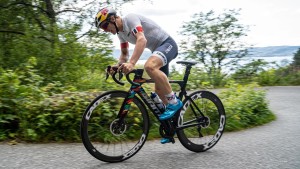
A study explains why our perception of time changes when cycling
I'm sure you've all had that feeling when you're cycling that time passes more slowly and, for example, when we are doing interval training, time doesn't seem to run to reach that number that marks the end of our suffering.
Now, a group of British researchers have presented a study that demonstrates that this change in the perception of time is real and widespread. A variation in perception that would be related to the distortions that physical activity produces in our circadian rhythms, the internal clock that regulates biological activity and that, for example, makes it easier for one to train in the morning or in the afternoon.
RECOMENDADO

How to wash your bike at a gas station without ruining it
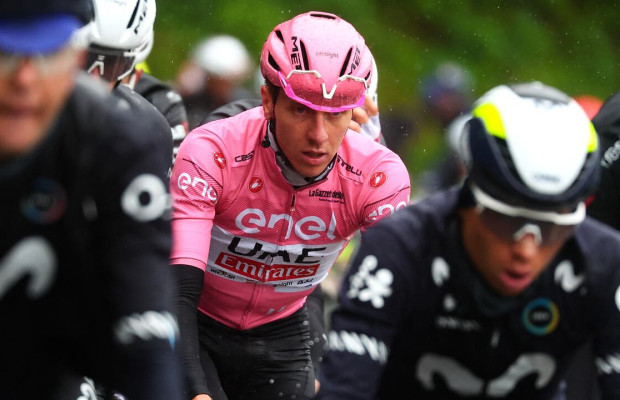
Tips for staying motivated to go out riding when cold, rain or night lurk
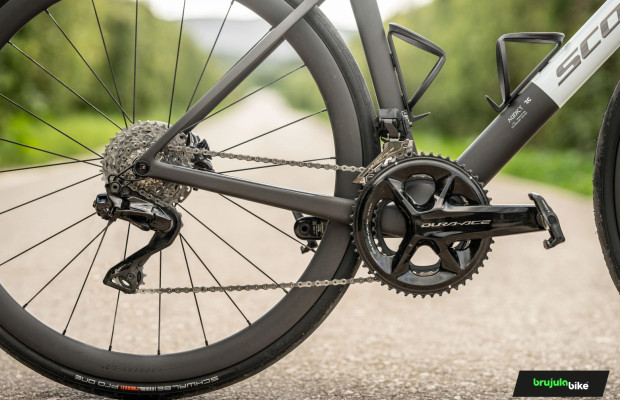
How to choose the right crankset and cassette: a guide to find the right ratio and extend the life of your bike

Can I go cycling with the flu or a cold?
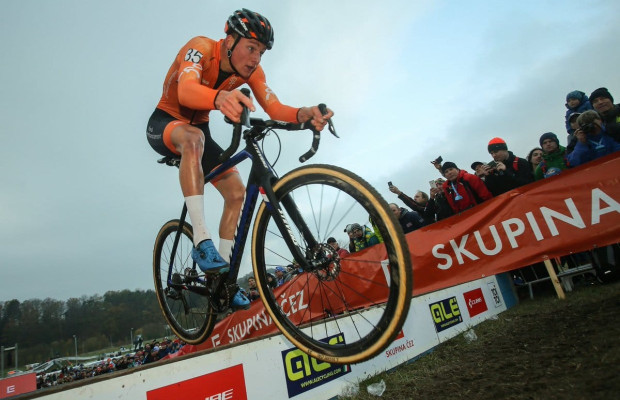
He invented the idea of jumping over the planks, which earned him a World Championship against Van der Poel
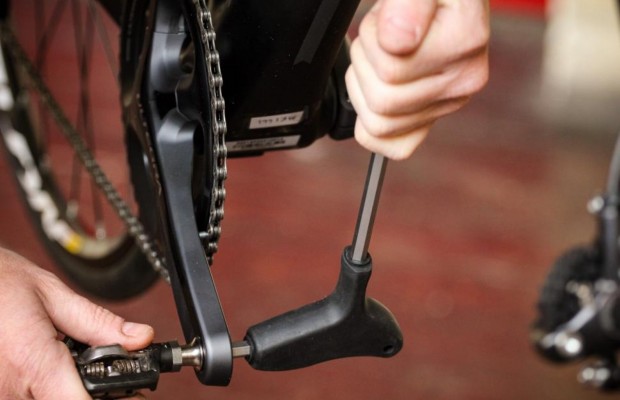
How to change the pedals of any bike in 5 steps

Under normal conditions, we all have a fairly good perception of how time passes, that is, we can calculate that an hour or ten minutes has passed quite accurately without having to constantly check the clock. But when cycling, this sensation is distorted. This was confirmed by the researchers after subjecting the study participants to a pedaling session in which they covered 500, 1500, and 2000 m.
They were asked to guess when 30 and 60 seconds had elapsed in each part of the test, both during the exercise and before and after it. They found that during the activity, the perception of time was around 8% slower, a figure that increased to 9% in the case of the 2000 m test.
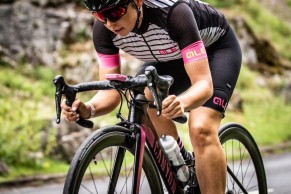
Additionally, they also studied whether the variation was greater under competitive rhythm conditions, which, although it may seem otherwise, does not excessively affect the distortion that is already produced simply by pedaling.
In any case, the study only confirms something that was already known, adding new factors such as the little influence of exercise intensity and helping researchers to delve further into the functioning of the biological clock that regulates the activity of each individual.